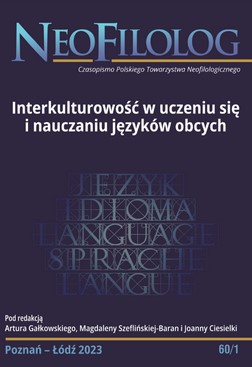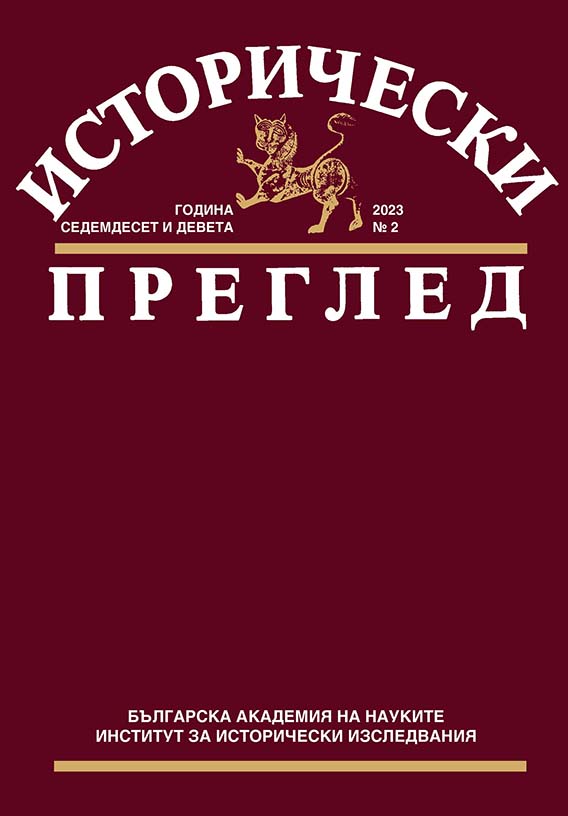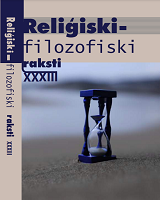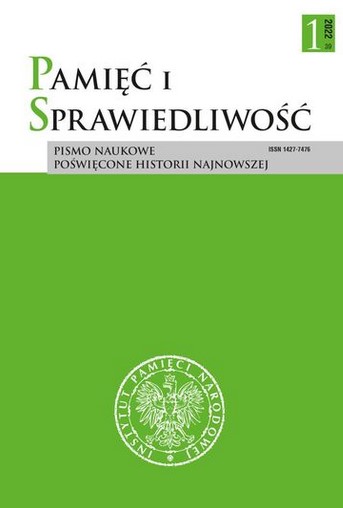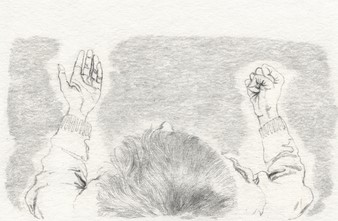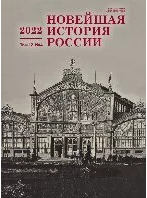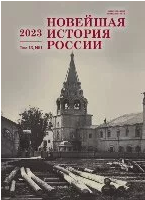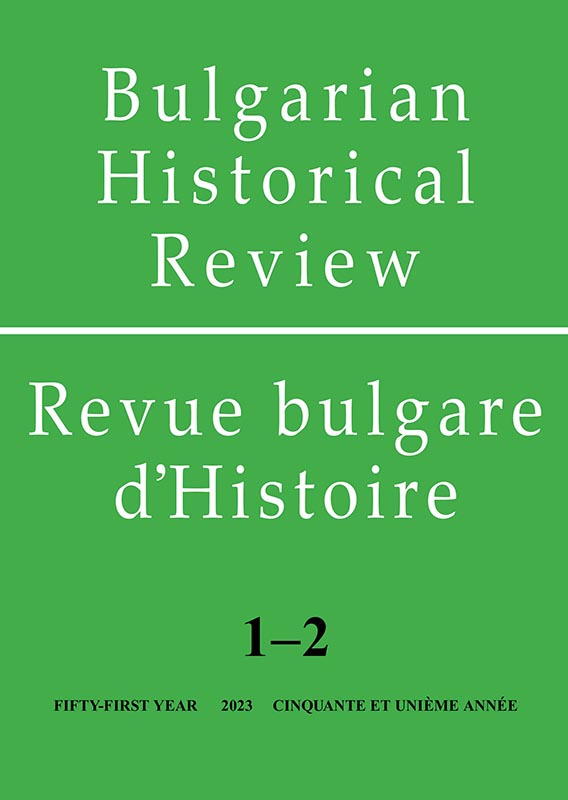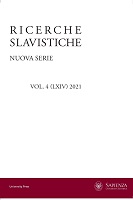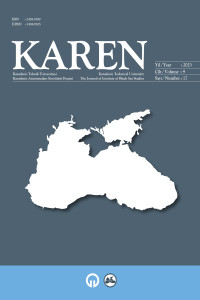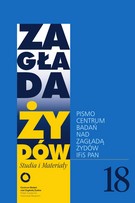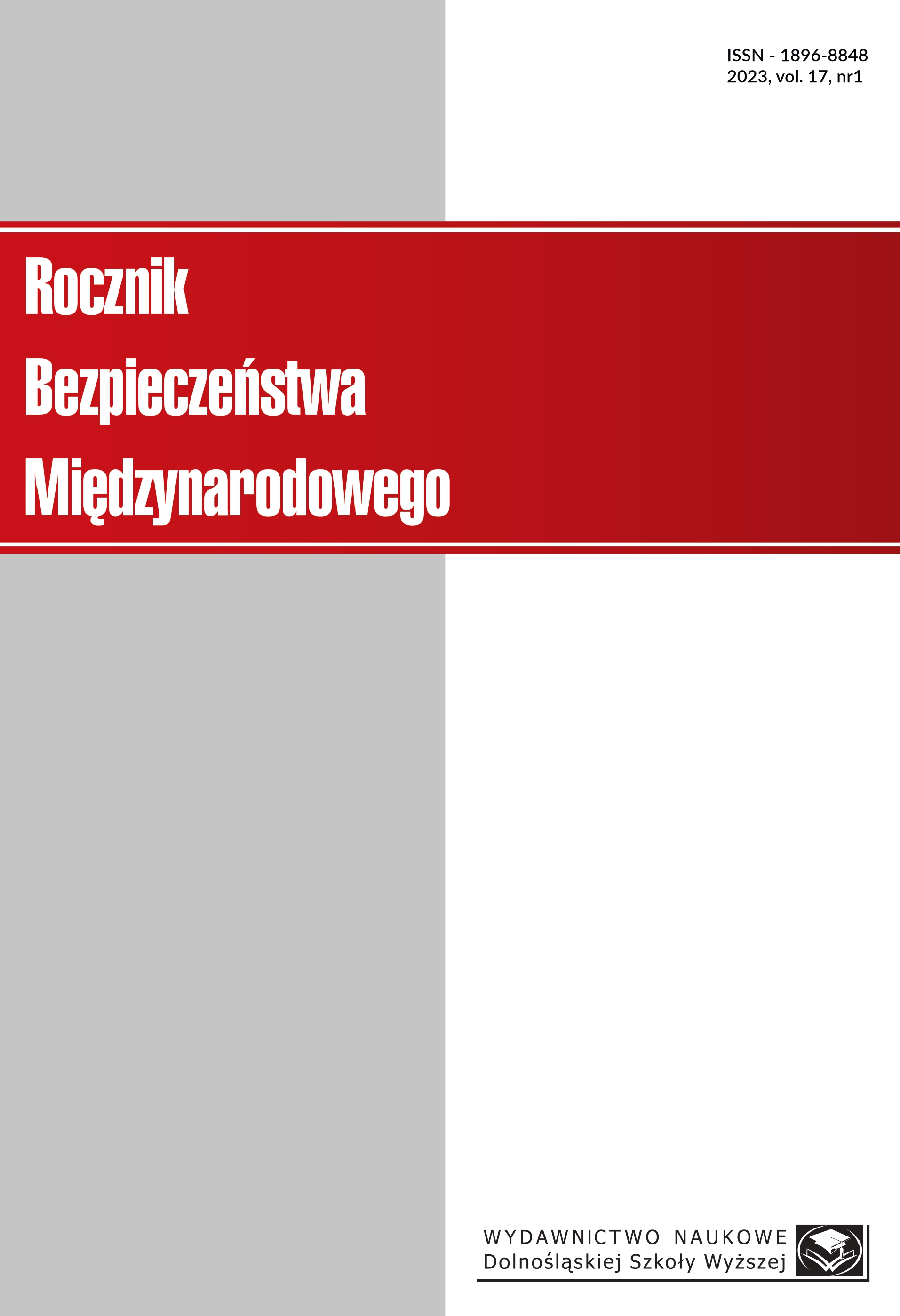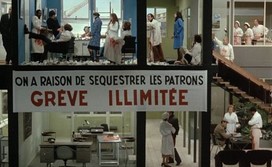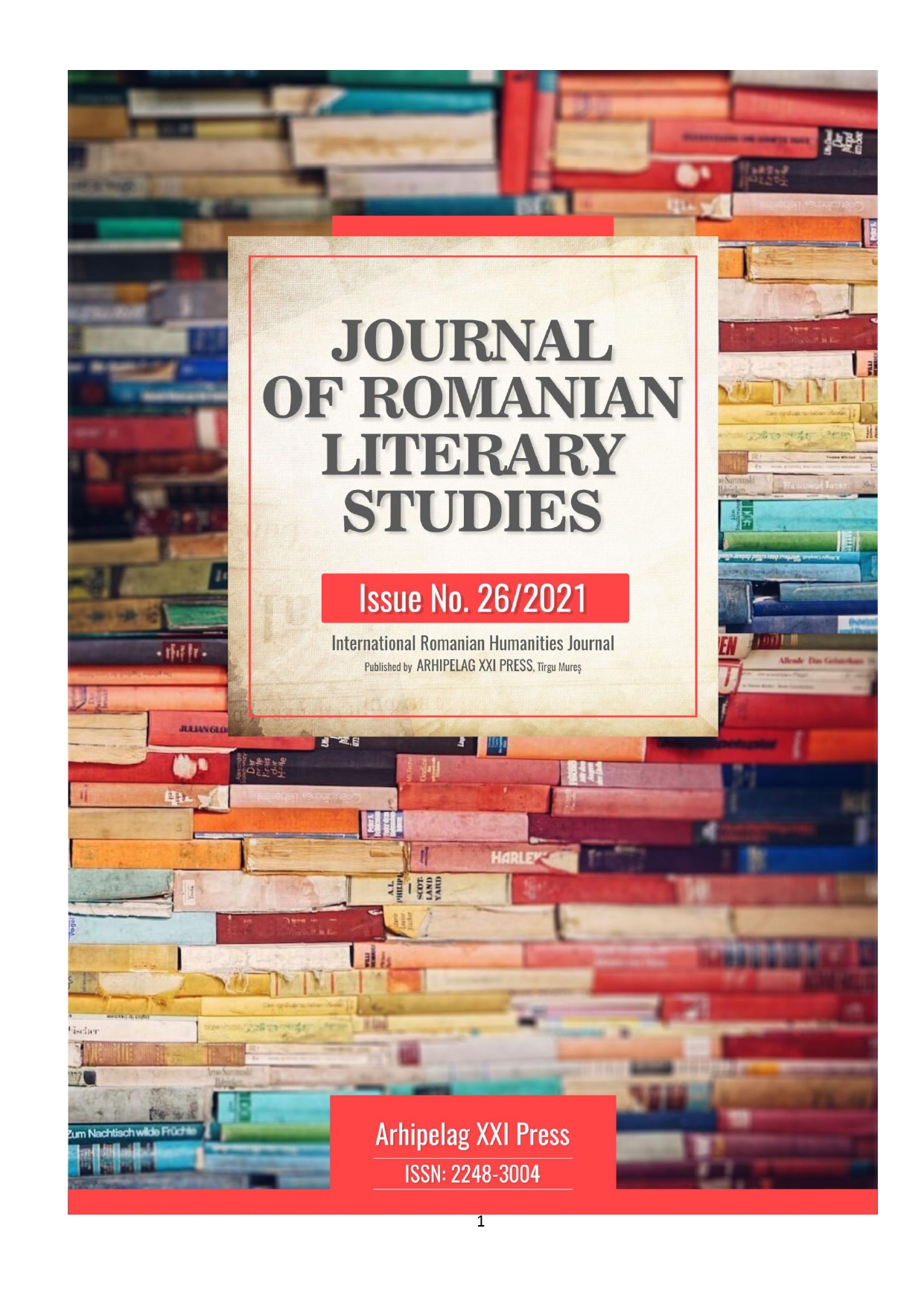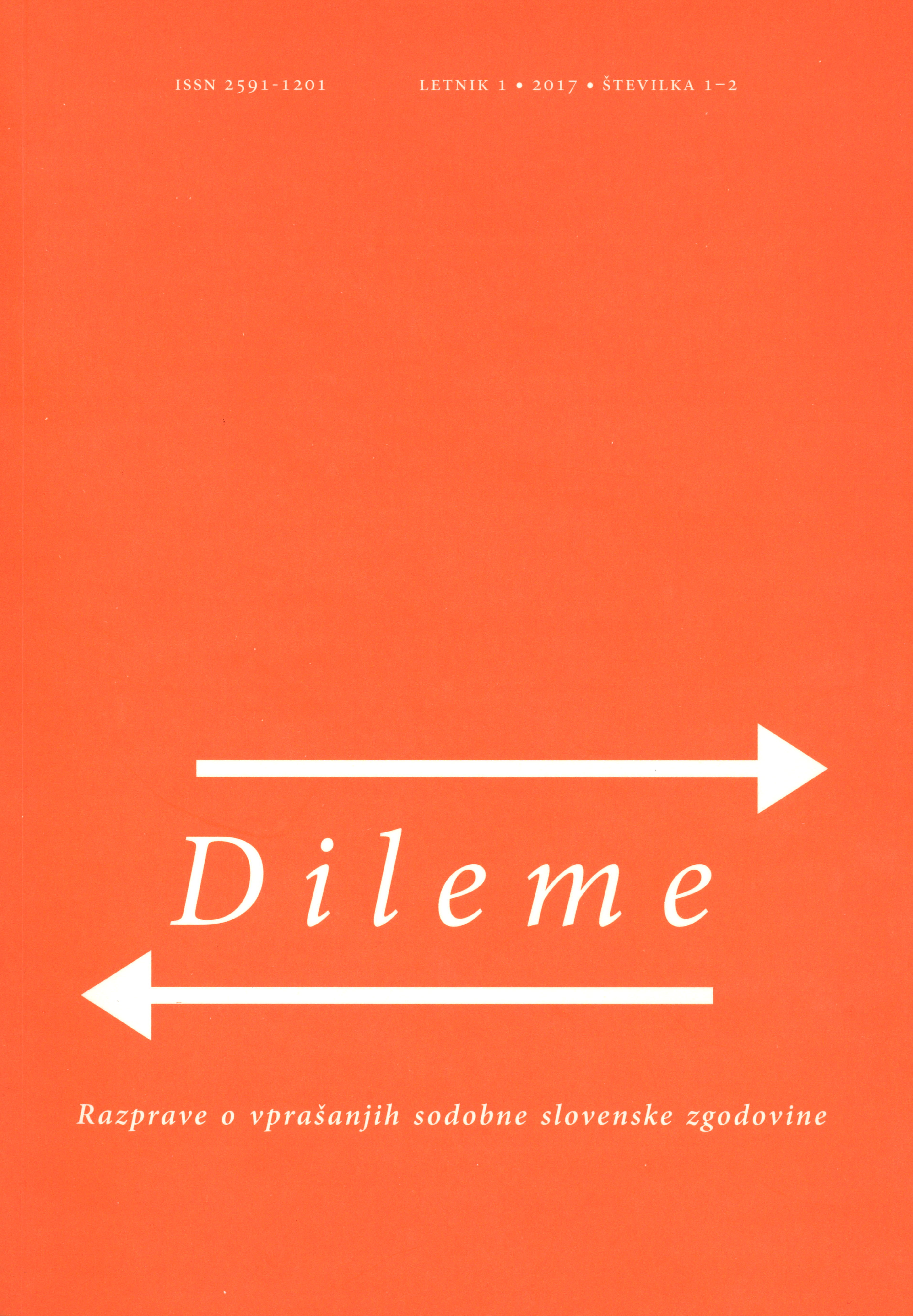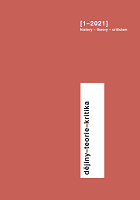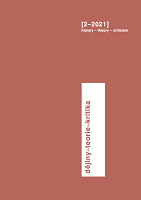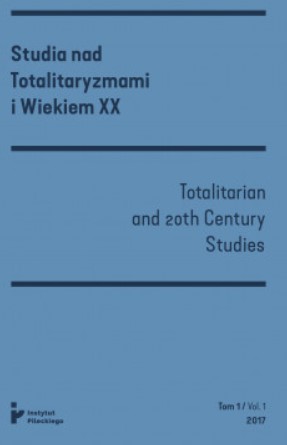
Zbrodnia pomorska 1939 jako początek ludobójstwa w czasie II wojny światowej
Niemcy od momentu wkroczenia do Polski we wrześniu 1939 roku dokonywali masowych mordów na polskiej ludności cywilnej w całym kraju, lecz ich skala w poszczególnych regionach okupowanej Polski była różna. Do największych zbrodni doszło na terenie przedwojennego województwa pomorskiego, gdzie zamordowano ok. 30 tys. osób. W żadnym innym regionie zaanektowanej Polski terror niemiecki nie był aż tak wielki. Zbrodni dokonywano przede wszystkim na polskiej inteligencji, ale także na rolnikach i robotnikach. W tych samych dołach śmierci pogrzebano tysiąc rozstrzelanych pacjentów szpitali psychiatrycznych i setki pomorskich Żydów. Szczególną rolę w tej zbrodni, obok jednostek Einsatzgruppen, odgrywali członkowie mniejszości niemieckiej – aktywiści Selbstschutzu Westpreussen. Byli oni szczególnie podatni na ideologię nazistowską ze względu na intensywność propagandy dotyczącej tzw. korytarza pomorskiego i bydgoskiej „krwawej niedzieli”. Zaplanowaną akcję eksterminacyjną, która w rozumieniu Rafała Lemkina była pierwszym w czasie wojny ludobójstwem fizycznym, przedstawiano jako akt samoobrony i zemstę za śmierć volksdeutschów. W celu podkreślenia znaczenia wydarzeń na Pomorzu Gdańskim w 1939 roku jako początku niemieckiej ludobójczej polityki okupacyjnej utworzono nowe pojęcie historyczne – „zbrodnia pomorska 1939”.
More...
